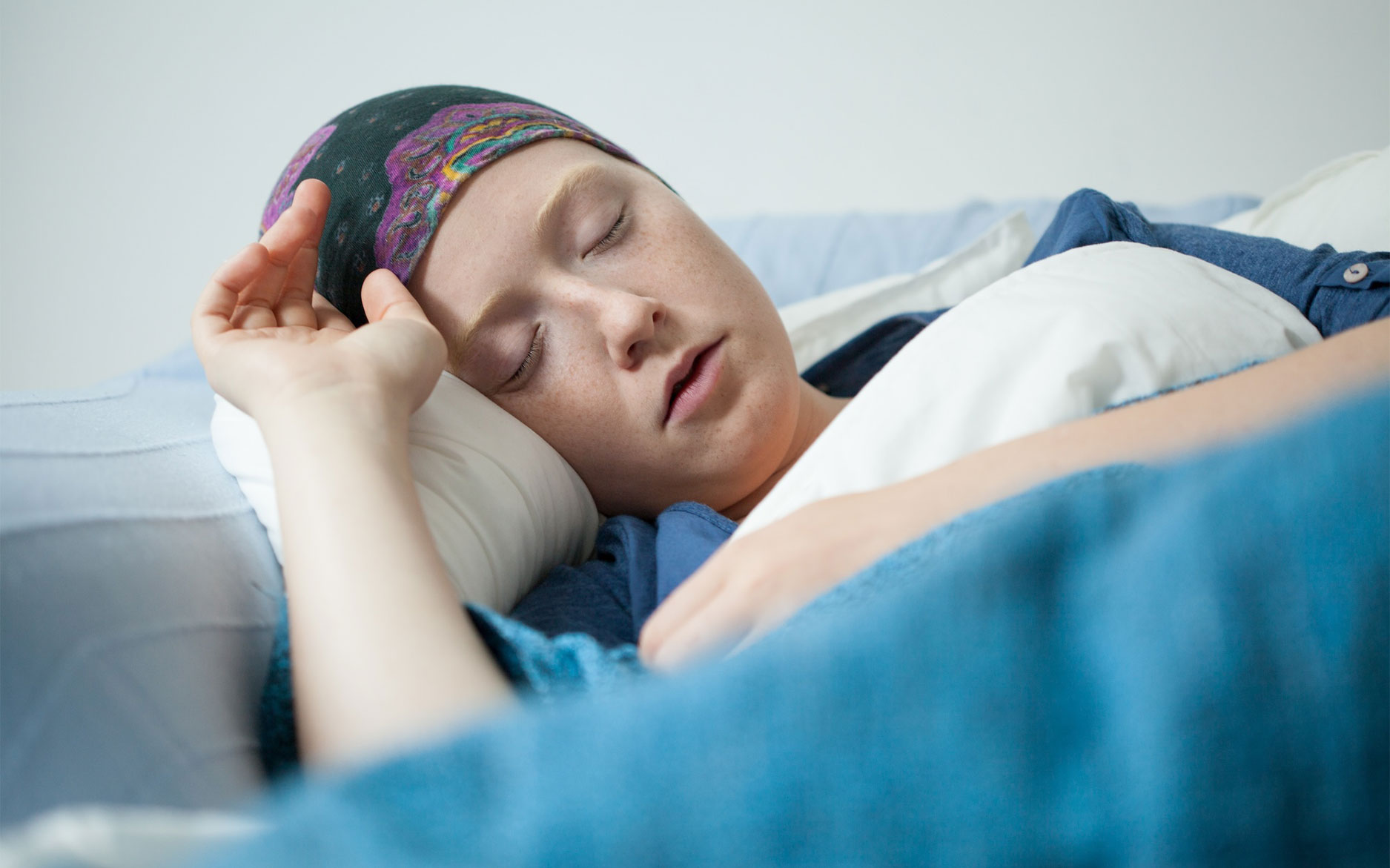The Sleep Cure: Why Rest Is Part of Your Treatment Plan
Rebuilding your body requires quality sleep, not just more sleep.
After treatment, nearly 60% of survivors report chronic insomnia. Lack of deep sleep raises inflammation and weakens the immune system — but healthy sleep can reverse those effects.
The Science
Research from the National Cancer Institute shows that 7–8 hours of nightly sleep:
- Reduces inflammatory markers (C-reactive protein & IL-6)
- Improves cognitive clarity and mood
- Boosts T-cell immune response
“Sleep is when your body writes its healing code — give it the quiet it needs.”
Sleep-Smart Habits
- Consistent bedtime: train your circadian rhythm.
- Screen-off rule: no phones 30 minutes before bed.
- Cool, dark room: ideal temp 65–68°F.
- Evening stretch: 5 minutes of gentle yoga lowers cortisol.
“Sleep is when your body writes its healing code — give it the quiet it needs.”
Beyond the Basics: Deeper Dives into Sleep Optimization
While consistent habits are crucial, consider these additional strategies for optimizing your sleep during cancer recovery:
- Mindfulness and Meditation: Incorporate short meditation sessions before bed to calm a racing mind. Apps like Calm or Headspace offer guided meditations specifically for sleep.
- Dietary Considerations: Avoid heavy meals, caffeine, and alcohol close to bedtime. Certain foods, like those rich in tryptophan (e.g., turkey, nuts), can promote sleep.
- Light Exposure: Maximize natural light exposure during the day to regulate your circadian rhythm. In the evening, dim lights and avoid bright screens to signal to your body that it's time to wind down.
- Aromatherapy: Essential oils like lavender or chamomile can have a calming effect. Diffuse them in your bedroom or add a few drops to a warm bath before bed.
- Temperature Regulation: Beyond keeping your room cool, consider a warm bath or shower 90 minutes before bed. As your body cools down afterward, it triggers sleepiness.
- Professional Guidance: If chronic insomnia persists, consult your healthcare provider or a sleep specialist. They can help identify underlying issues and recommend personalized interventions, such as cognitive behavioral therapy for insomnia (CBT-I).
Prioritizing sleep is an active and essential component of your recovery journey, empowering your body to heal and rejuvenate.








